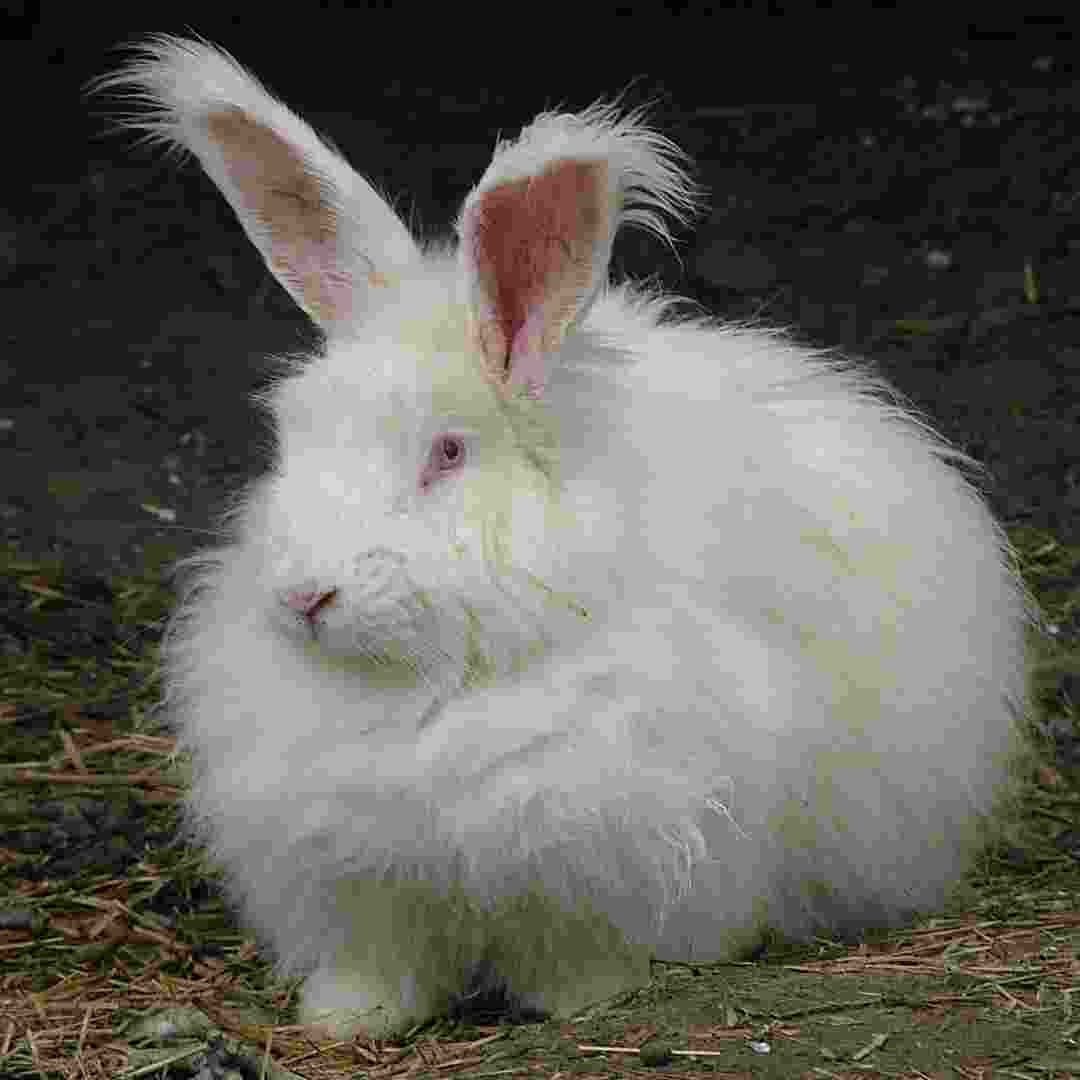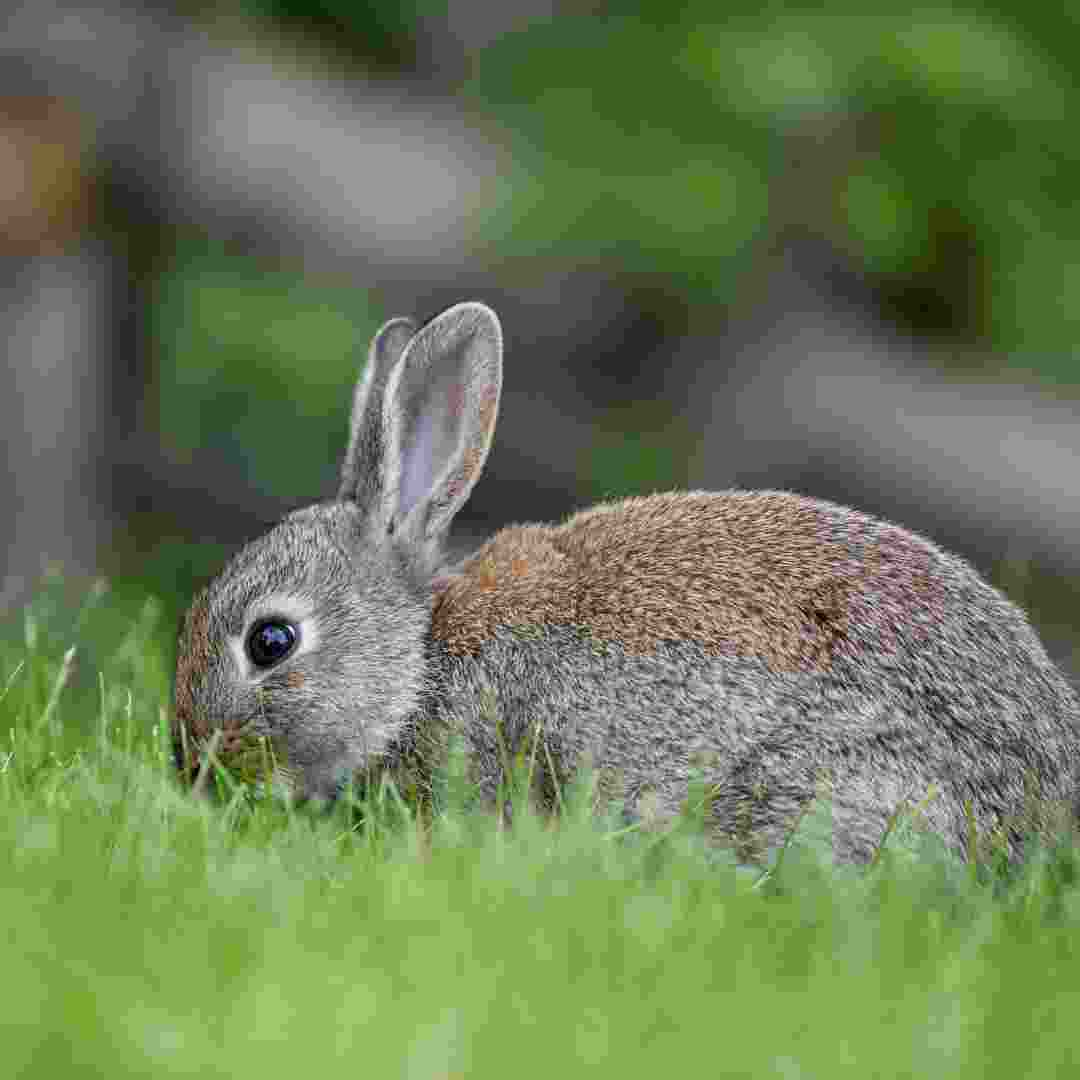Contents Table
Introduction
What Are the Best Rabbit Foods?
What Are Healthy Rabbit Signs?
How Can I Tell My Rabbit Is Hurting?
Best Ways to Bond with My Rabbit?
What Are Common Rabbit Health Issues?
Q&A
Conclusion
Introduction
Many people keep rabbits as pets, and they make great pets. Before adopting a rabbit, ask the necessary questions to ensure you can provide the greatest care. Consider feeding, shelter, and health care when choosing a rabbit as a pet. This guide offers valuable rabbit pet research questions.
What Are the Best Rabbit Foods?
Herbivores like rabbits eat plants. Hay, fresh veggies, and a few pellets are great for rabbits.
Hay should dominate a rabbit's diet. Their digestive system benefits from its high fibre content. Timothy, oat, and brome hay are good. Hay should always be provided to rabbits.
Rabbits need fresh vegetables too. Kale, spinach, and romaine lettuce are beneficial. Carrots, celery, and bell peppers are also options. Fruits are sugary and should be given cautiously.
Finally, feed the rabbit a few pellets. Rabbits should consume no more than 10% pellets, which contain concentrated nutrients. Choose a rabbit-specific pellet because other pellets may lack nutrition.
You can feed your rabbit hay, fresh veggies, and a few pellets to keep it healthy.
What Are Healthy Rabbit Signs?
Healthy rabbits are joyful. Knowing rabbit health signs will help you keep your pet healthy. Signs of a healthy rabbit:
1. Healthy rabbits have glossy coats and lively eyes. Fur should be clean and tangle-free.
2. A healthy rabbit will consume a range of fresh vegetables and hay.
3. Healthy rabbits are energetic and playful. They should hop around and explore.
4. Healthy rabbits have regular bowel motions and no diarrhoea or constipation.
5. A healthy rabbit is fit. Too thin or too fat is bad.
6. Healthy rabbit ears are clean and infection-free.
7. Healthy rabbits have no eye, nose, or mouth discharge.
You can keep your rabbit healthy and happy by watching for these symptoms. If your rabbit's behaviour or look changes, consult your vet.
How Can I Tell My Rabbit Is Hurting?
Rabbits are prey and can hide pain well. To help your rabbit, you must recognise the subtle signals of suffering.
Decreased hunger, behaviour, posture, grooming habits, and vocalisations are the most prevalent indicators of rabbit pain.
Reduced appetite is a common rabbit discomfort indication. If your rabbit isn't eating or interested in their food, they may be in pain.
Changes in behaviour can indicate suffering. If your rabbit is energetic and lively but becomes lethargic and indifferent, they may be in pain.
Changes in posture can indicate pain. If your rabbit is stooped over or sitting slumped, they may be in pain.
Changing grooming habits can indicate pain. Your rabbit may be in pain if they are not grooming themselves or certain sections of their body.
Vocalisation changes can indicate suffering. If your rabbit is vocalising more or differently, they may be in pain.
Take your rabbit to the vet immediately if you see any of these symptoms. A veterinarian can diagnose and treat the pain.
Best Ways to Bond with My Rabbit?
Rabbit ownership requires bonding. Bunnies are sociable creatures and need regular handling and interaction to keep healthy and happy. Here are some great rabbit bonding methods:
1. Visit your rabbit daily. Spend at least 30 minutes with your rabbit daily. You can play, pet, or sit with your bunny.
2. Handle your bunny often. Pet and stroke your rabbit to get comfortable to being handled. This will make them more comfortable being held and picked up.
3. Give treats. Enjoying treats with your bunny helps bond. Provide healthful snacks like fresh veggies, hay, and herbs.
4. Toy with your bunny. Rabbits enjoy playing and exploring. Let them play and explore with toys and tunnels.
5. Talk to your rabbit. A calm, soothing voice might make your rabbit feel safe and secure.
Follow these techniques to bond with your rabbit and keep them healthy and happy.
What Are Common Rabbit Health Issues?
Rabbits are beloved pets but can have health difficulties. Rabbits suffer from dental, gastrointestinal, respiratory, and external parasites.
Dental difficulties are frequent in rabbits. Rabbits have continuously developing teeth that can get overgrown and cause pain and trouble feeding if not clipped.
Rabbits often have gastrointestinal difficulties. These include diarrhoea, constipation, and gastrointestinal stasis, which slows or stops digestion.
Rabbits often get respiratory illnesses. Sneezing, coughing, and trouble breathing can result from bacterial, viral, or fungal diseases.
Fleas, mites, and lice can also bother rabbits. Parasites can irritate skin and spread disease.
These prevalent health concerns must be recognised and prevented. Regular veterinary visits, correct feeding, and hygiene can keep your rabbit healthy and happy.

Q&A
1. What should my rabbit eat?
A: Rabbits need hay, fresh veggies, and a little pellets.
2. How often should I clean my rabbit's cage?
A: Clean the cage weekly and change the bedding every two weeks.
3. How much exercise does my rabbit need?
A: Rabbits need 1 hour of daily playpen or supervised exercise.
4. How can I tell my rabbit is healthy?
A: A healthy rabbit has bright eyes, a glossy coat, and eats well.
5. My rabbit isn't eating. What should I do?
A: A rabbit not eating may be sick or stressed. See a vet for your rabbit.
Conclusion
Rabbit questions might help you learn about these intriguing animals. You can understand their diet, behaviour, and health needs by asking questions. It can also help you choose a rabbit as a pet. You can provide your rabbit the finest care with the appropriate information.
